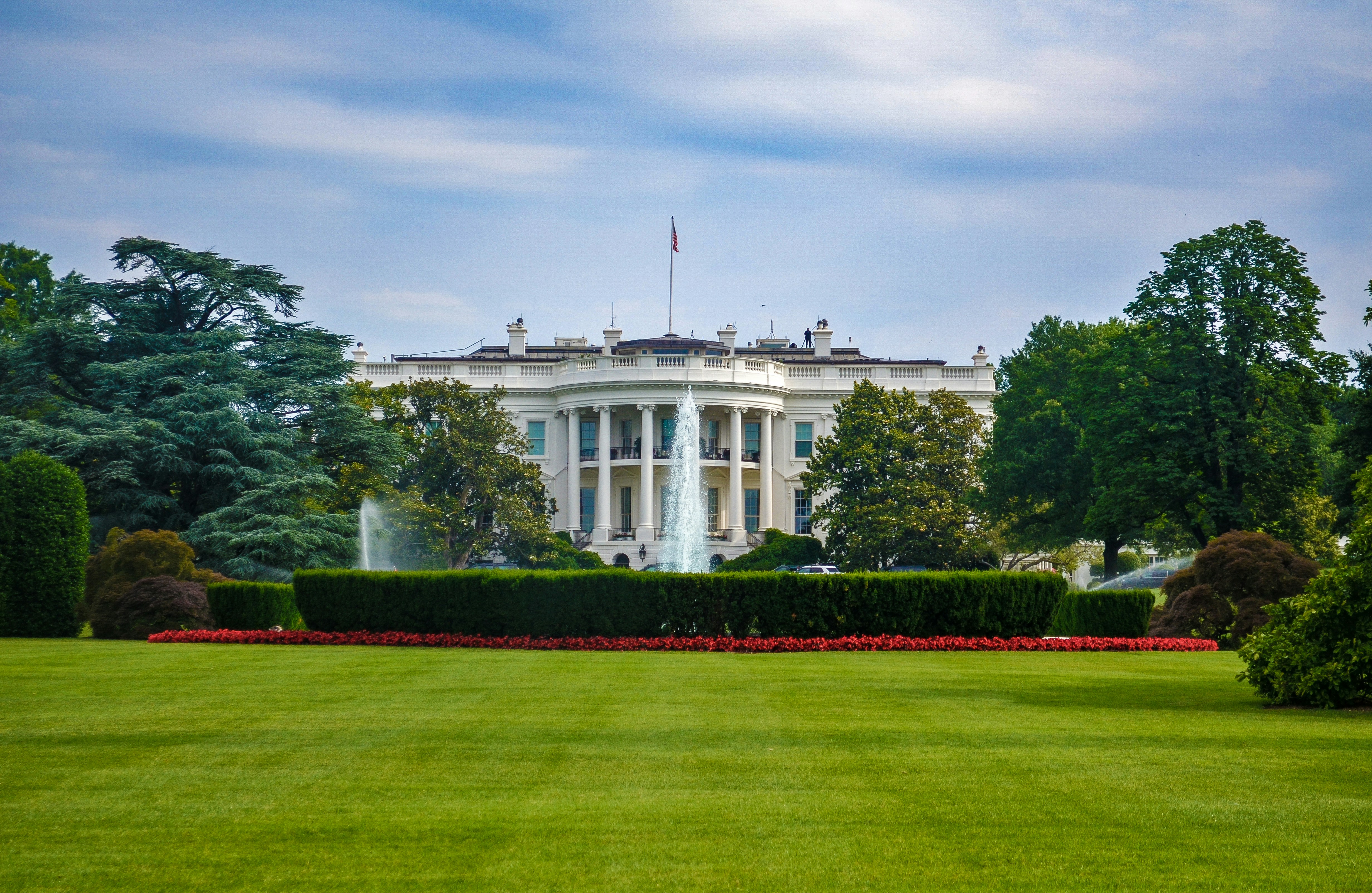Artificial intelligence (AI) is transforming industries, and political campaigns are no exception. By integrating AI into creative and copywriting tasks, campaigns can streamline processes, scale operations, and explore innovative approaches to voter engagement. Let’s explore how AI is reshaping campaign creative and the ethical considerations accompanying this change.
AI as a Tool for Efficiency
AI excels at handling repetitive tasks that traditionally consume significant time and resources. In political campaigns, this includes:
- Email Copywriting: Campaigns often follow formulaic structures for emails. AI tools, trained on specific tones and formats, can generate numerous variations tailored to different audience segments.
- Content Ideation: AI eliminates the “blank page” problem by providing starting points for copy, social media posts, or video scripts. For instance, it can generate messages in a specific tone, like “pro-school choice” or “written like a Texan.”
- Daily Workflow Optimization: AI assists with tasks like data analysis, video transcriptions, and caption generation, freeing staff to focus on strategy and creativity.
By treating AI as an assistant rather than a replacement, campaigns can accelerate their processes and increase productivity.
Applications in Graphic Design and Branding
The visual side of campaign creative has also benefited from AI. Tools like Adobe Firefly and MidJourney allow designers to:
- Generate Logo Concepts: AI can produce initial logo ideas and brand visuals, providing a foundation for refinement.
- Streamline Graphic Creation: Platforms like Adobe Express enable campaigns to input brand kits and quickly generate designs for multiple formats.
- Scale Campaign Materials: AI can adjust designs for various platforms, saving time and ensuring consistency.
While AI can produce impressive visuals, it still lacks the intuition and context sensitivity of human designers. AI-generated designs often require refinement to align with campaign messaging fully.
Challenges and Limitations
Despite its potential, AI has its limitations:
- Quality vs. Quantity: AI can produce a large volume of content quickly, but not all of it will be high quality or actionable.
- Context Awareness: AI struggles to account for complex campaign factors like voter sentiment, cash on hand, or opponent strategies.
- Authenticity: Voters may recognize and reject content that feels overly generic or inauthentic.
AI excels at scaling tasks and generating options, but humans remain essential for refining and executing campaign strategies.
Ethical Considerations
The rise of AI in campaigns raises important ethical questions:
- Disclosure: AI-generated content should be transparent. For example, campaigns should disclose when images or videos are created using AI.
- Oversaturation: The ease of content creation could lead to voter fatigue, with campaigns bombarding audiences with low-quality or repetitive messaging.
- Misinformation Risks: AI’s capabilities make it easier to create deepfakes or misleading content, posing risks to democratic processes.
Campaigns must develop ethical frameworks to guide their use of AI, balancing innovation with responsibility.
Training AI for Campaigns
The effectiveness of AI depends on how well it is trained and used. Campaigns can maximize AI’s potential by:
- Providing Context: Feeding AI tools with relevant information, such as press kits or past campaign materials, improves their output.
- Iterative Refinement: Asking AI to revise and refine its outputs ensures alignment with campaign goals.
- Leveraging Automation: Connecting AI tools with platforms like make.com allows campaigns to automate content production and distribution workflows.
These practices allow campaigns to maintain control over AI outputs while benefiting from its speed and scalability.
The Future of AI in Campaign Creative
AI is poised to become an integral part of campaign operations. Future advancements may include:
- Automated Marketing Cycles: AI could manage entire marketing workflows, from content creation to scheduling and posting.
- Enhanced Personalization: AI will enable campaigns to create hyper-targeted messaging for individual voters.
- Improved Sentiment Analysis: By analyzing voter data, AI can help campaigns refine their strategies and messaging.
As AI technology evolves, campaigns that embrace its potential responsibly will gain a competitive edge.
Final Thoughts
AI represents a powerful tool for campaign creative and copywriting, offering efficiency, scalability, and innovation. However, its use must be guided by ethical considerations and a commitment to authenticity. By integrating AI thoughtfully, campaigns can enhance their operations while maintaining the human touch that voters value.
Want even more news and insights from the pros who make politics happen? Become a Campaign Trend Insider and unlock exclusive, subscriber-only content every week for just $10 per month. Also remember to subscribe to our YouTube Channel for podcasts and additional content.





.jpg)
.jpg)
